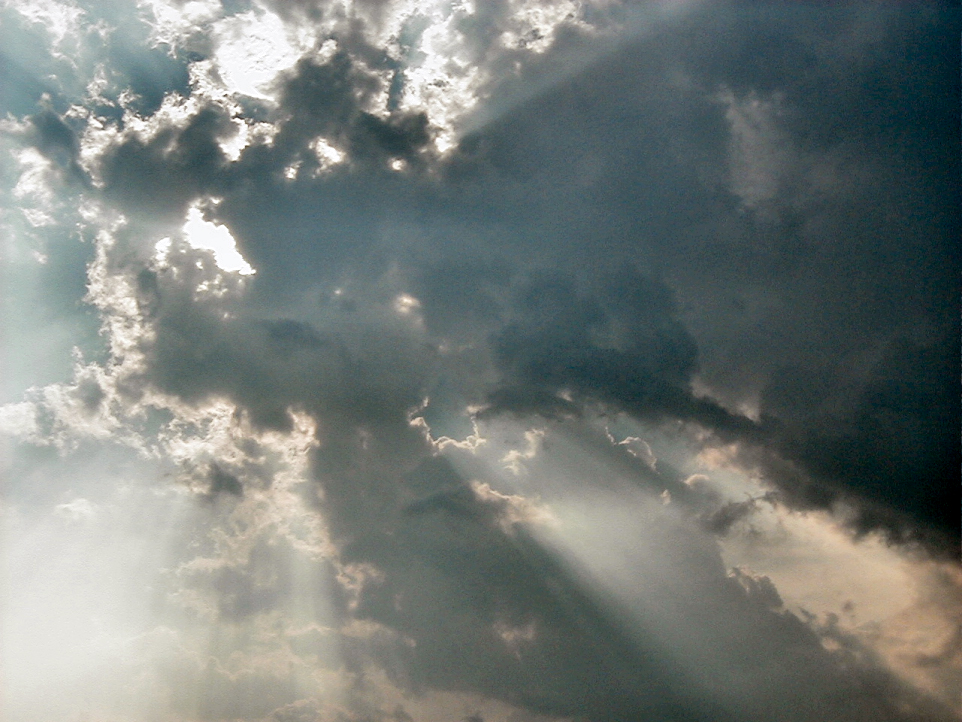 Joseph Campbell wrote in The Power of Myth:
Joseph Campbell wrote in The Power of Myth:“All religions are true, but none are literal.”I am unsure what Campbell meant by the religions being true. I suspect he meant that religious beliefs are better understood in the context of understanding and appreciating the genesis of mythologies.
From Tlaloc the Aztec god of rain, fertility, and water, to the Ojibwa belief that the northern lights are an expression of the god Nanabozho's lasting love,
myths are an expression of humanity in all its existential hopes and fears.Knowing a few of the myths of ancient cultures, and having begun to appreciate the cosmology of ancient peoples, has helped me place contemporary religious dogma into historic and psychological perspective.
Stories that endure to be woven into the fabric of cultural mythologies, however absurd in light of what we know from reasoned thought, the fossil record, and reproducible experiment and observation, have much to say about the totality of the human mind, conscious and unconscious.
 All humans share the same doubts and fears. All humans feel the weight of mortality.
All humans share the same doubts and fears. All humans feel the weight of mortality.I suspect multiple versions of an existential narrative are as old as humanity. From that perspective, religious dogma seems slightly less appalling.
No comments:
Post a Comment
Thank you for commenting.